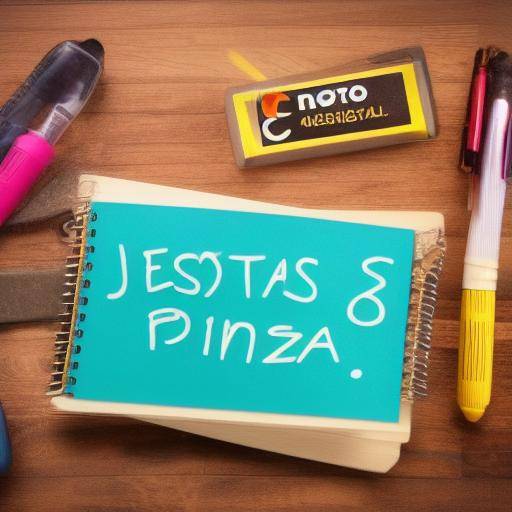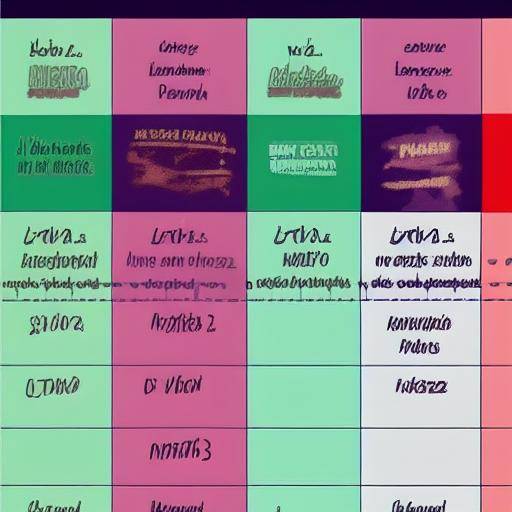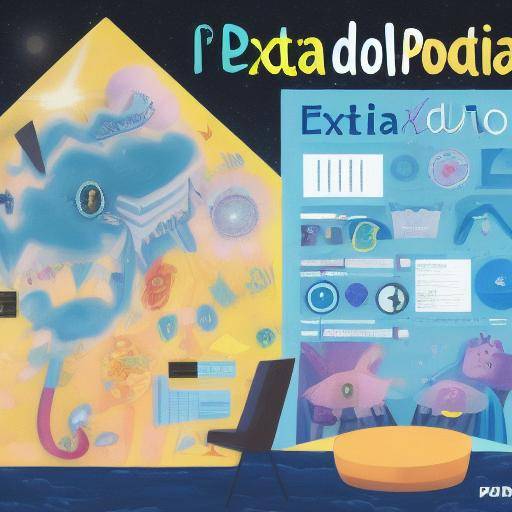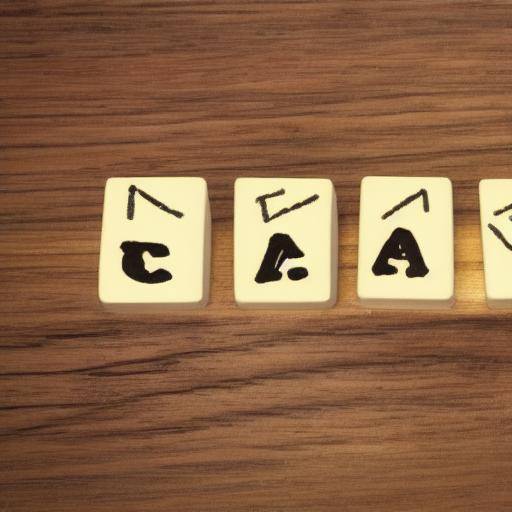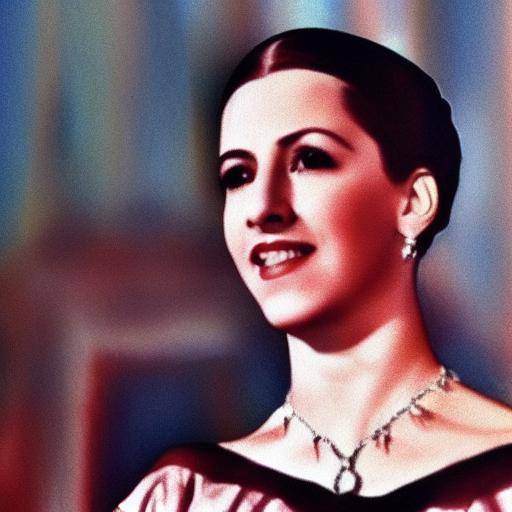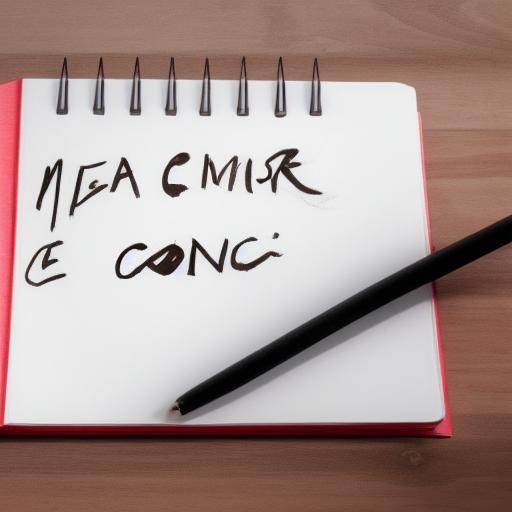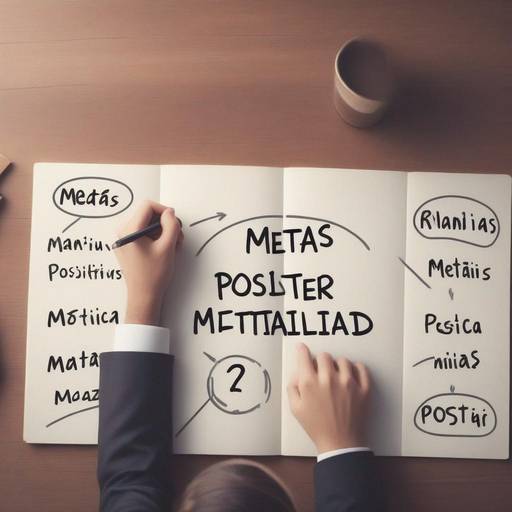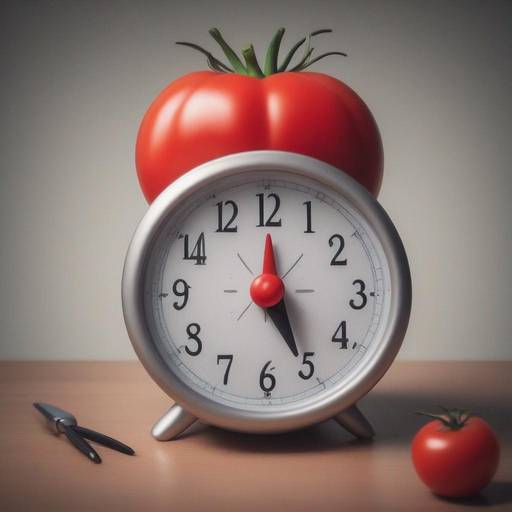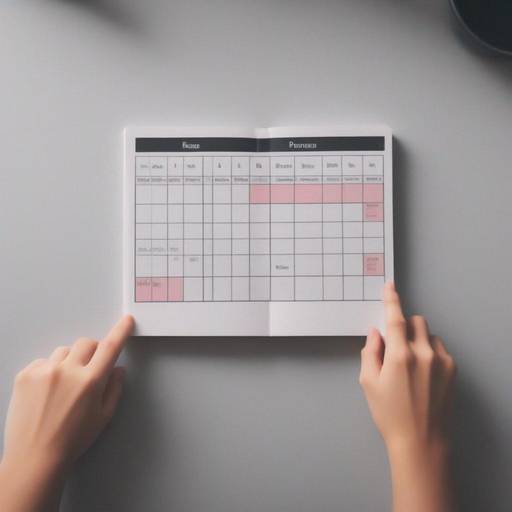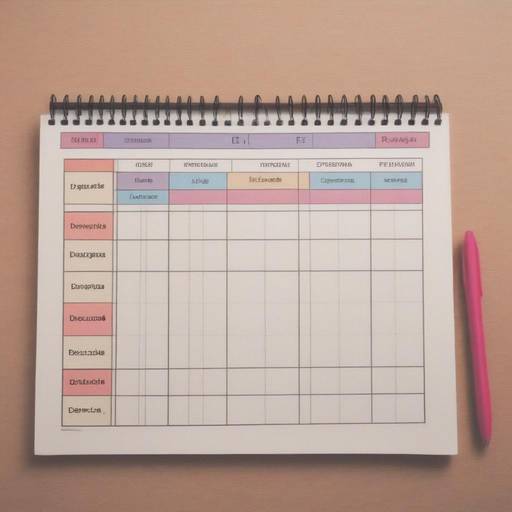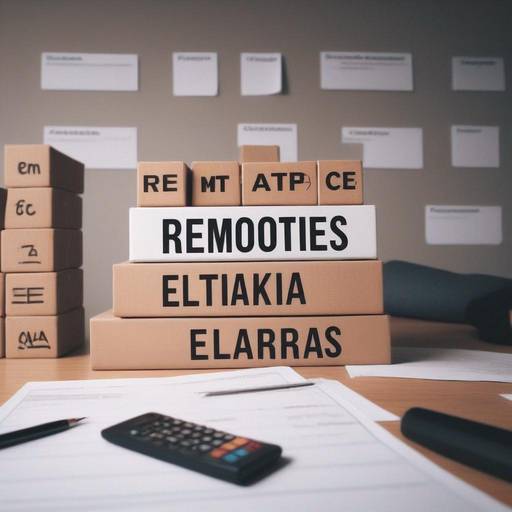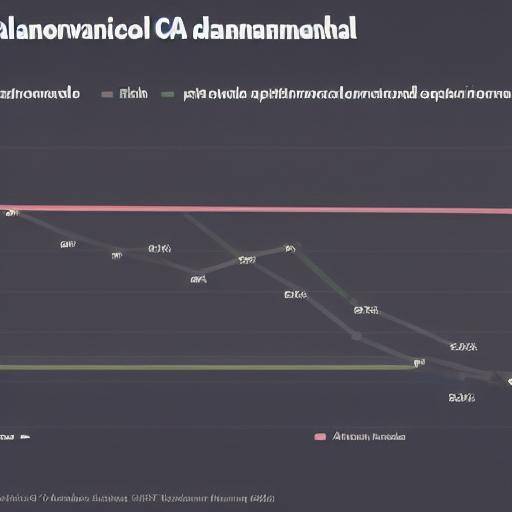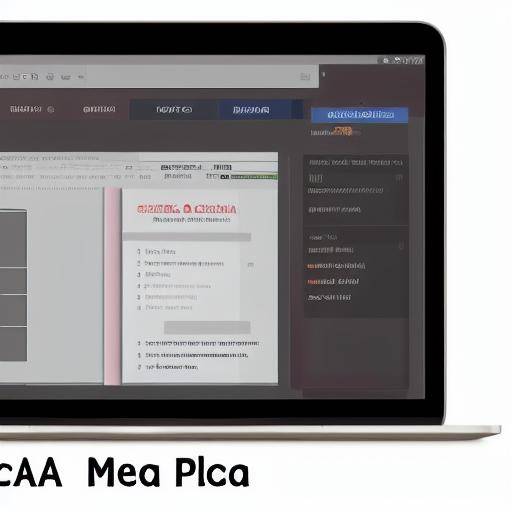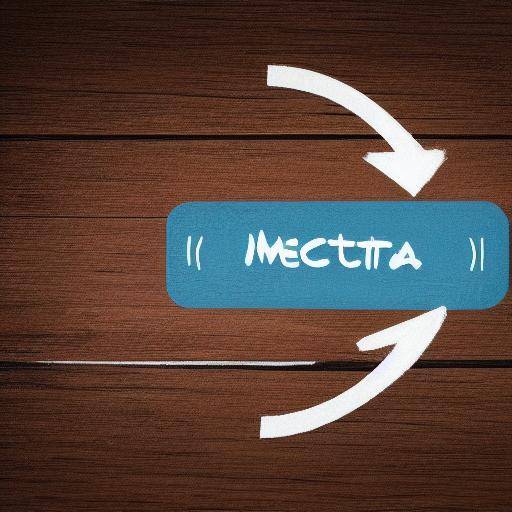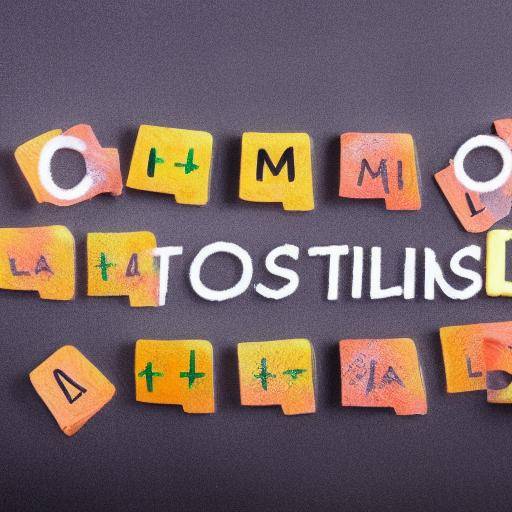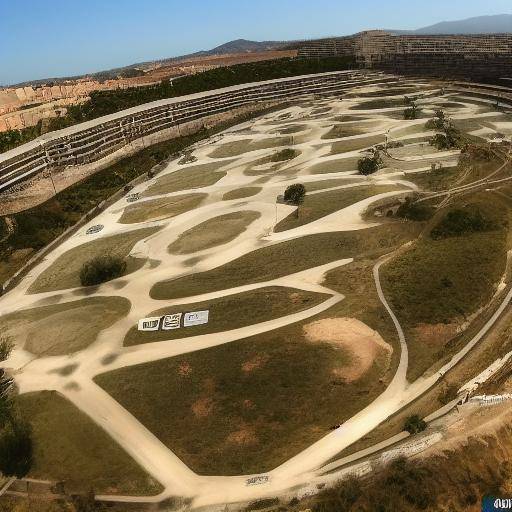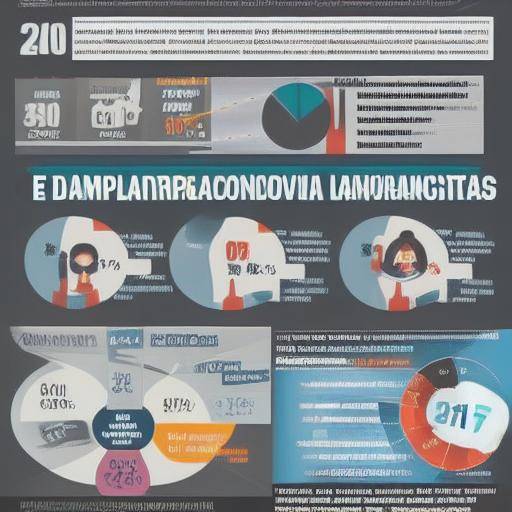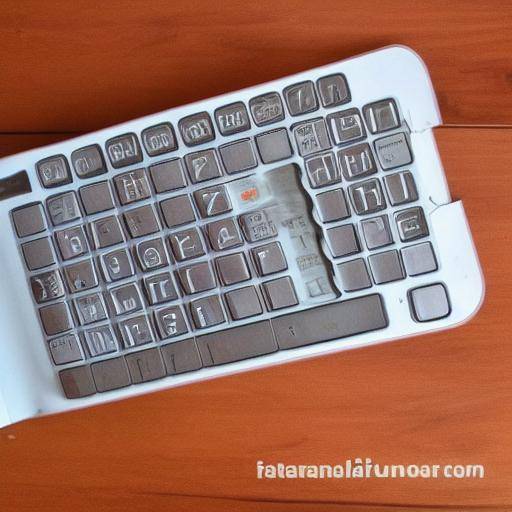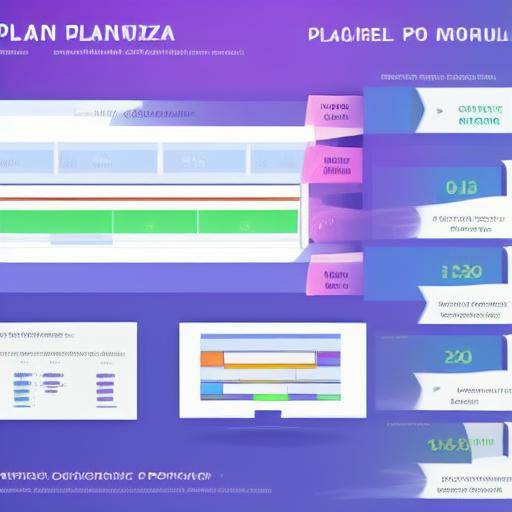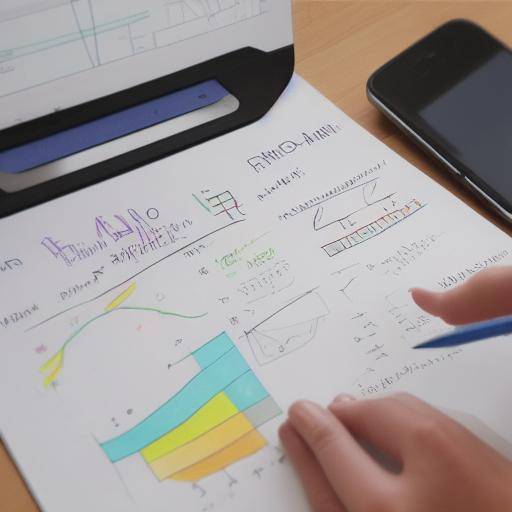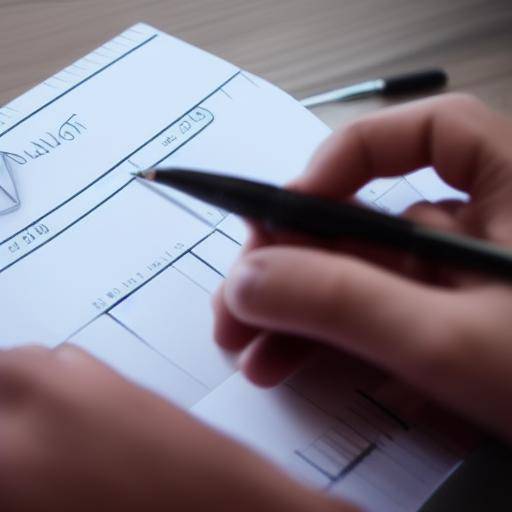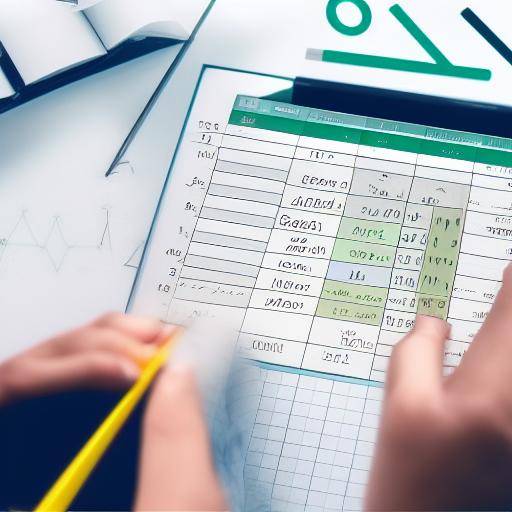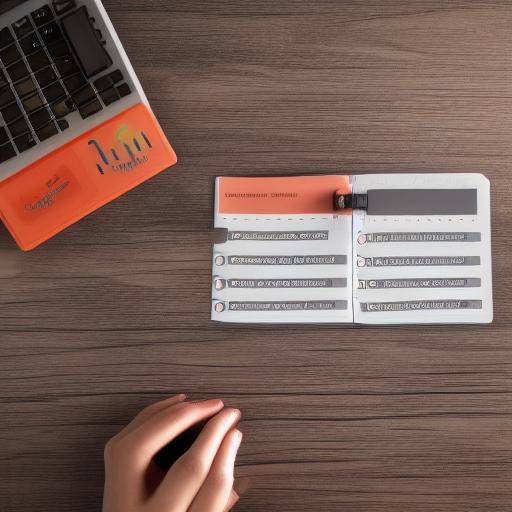
Introduction
Have you ever felt overwhelmed by the amount of personal projects you have in mind? Would you like to find an effective way to manage your time and plan your activities more efficiently? In this article, you will discover how to use the SMART technique to manage personal projects. You will learn to set specific, measurable, achievable, relevant and time-bound goals, which will allow you to maximize your productivity and achieve your goals in an organized and structured way.
SMART technique: Definition and foundations
SMART is a tool widely used in project management, both professionally and personally. The word SMART is an acronym that represents five key qualities that must have the objectives to ensure their effectiveness. We then break down each of these elements:
- Specific: The objectives must be clear and detailed, avoiding ambiguities and providing a precise direction on what is to be achieved.
- Medible: They must be quantified to assess their progress and determine whether they have been fulfilled.
- Alcanzable: Objectives must be realistic and feasible, taking into account the available resources and skills necessary for their achievement.
- Relevant: The objectives must be aligned with personal values and goals, in addition to contributing to the overall progress towards achieving your aspirations.
- With Defined Term: Setting a deadline to achieve your goals provides a sense of urgency and a temporary orientation.
By integrating these elements into the formulation of your personal goals, you will have a clear road map that will guide you to success.
Time Management and Strategic Planning
Once you have defined your goals using the SMART technique, it is crucial to develop sound time management and strategic planning skills to maximize your efficiency. Time management involves the effective organization of your daily tasks, while strategic planning allows you to visualize your long-term goals and design a logical way to achieve them. We then explore in detail the importance of these skills for success in managing personal projects.
The Importance of Time Management
Time management is a determining factor in personal productivity. The ability to effectively distribute the time available between different tasks and activities ensures greater performance and avoids the feeling of burden due to the accumulation of responsibilities. By acquiring time management skills, you will be able to prioritize tasks, avoid procrastination and improve your ability to meet established deadlines.
Planning strategies
To effectively implement the SMART technique, consider the following planning strategies:
- Task Division: Divide your projects into smaller and manageable tasks. This will allow you to address every part of the project in a systematic and organized way.
- Use of Management Tools: Use tools such as calendars, digital calendars and project management applications to track your tasks and deadlines.
- Priority: Identify the most important and urgent tasks, and focus on them first. The Eisenhower matrix can be a useful tool to classify your tasks based on their importance and urgency.
- Establishment of timelines: Associate realistic deadlines for each task and make sure you meet them. This will help you maintain focus and motivation throughout the project.
- Review and Adjustment: Review your progress regularly and adjust your planning as needed. Flexibility is key to adapting to unforeseen changes and keeping track of your goals.
Continuous improvement and adaptation
Managing personal projects using the SMART technique is not a static process. It requires continuous improvement and adaptive capacity. As you advance your projects, it is important to evaluate what works and what is not, and make adjustments accordingly. Continuous improvement involves learning from your experiences, implementing positive changes and constantly looking for ways to optimize your efficiency.
Progress assessment
Regularly evaluate your progress towards your SMART goals. Ask yourself if you are meeting the deadlines, if the tasks are well defined and if the objectives remain relevant. Self-assessment allows you to identify areas of improvement and adjust your focus to keep you on the right track.
Adaptation to Changes
Life is dynamic, and personal projects can be affected by unforeseen changes. The ability to adapt to these changes is essential to keep track of your goals. If you find obstacles, adjust your plans and find alternative solutions. Flexibility and resilience will help you overcome challenges and move forward.
Examples of SMART Applications
To illustrate how to apply the SMART technique in the management of personal projects, consider some practical examples:
Example 1: Improve the Physical Condition
- Specific: I want to improve my physical condition by running 5 kilometers without stopping.
- Medible: I measured my progress by running ever greater distances every week.
- Alcanzable: I will start running 1 kilometer and increase the distance by 1 kilometer per week.
- Relevant: Improving my physical condition is important to my general health and well-being.
- With Defined Term: My goal is to run 5 kilometers without stopping within 8 weeks.
Example 2: Learning a New Language
- Specific: I want to learn French to a conversational level.
- Medible: I measured my progress by completing levels in a language learning application.
- Alcanzable: I will dedicate 30 minutes daily to the French study.
- Relevant: Learn French is relevant to my career as I work with French clients.
- With Defined Term: My goal is to reach a conversational level in French in 6 months.
Conclusion
The SMART technique is a powerful tool for managing personal projects effectively. By setting specific, measurable, achievable, relevant and time-bound goals, you can maximize your productivity and achieve your goals in an organized and structured manner. In addition, time management and strategic planning are essential skills that will help you maintain the course and adapt to unforeseen changes. With SMART technique and good time management, you will be on the road to success in your personal projects.
Frequently asked questions
1. What is the SMART technique and why is it useful for managing personal projects?
The SMART technique is a tool for establishing clear and effective objectives. It is useful for managing personal projects because it helps to define specific, measurable, achievable, relevant and time-bound goals, which facilitates planning and tracking progress.
2. How can I apply the SMART technique to my personal projects?
You can apply the SMART technique by defining each of its components for your objectives: Specific, Medible, Alcanzable, Relevant and with Defined Term. Make sure every goal meets these criteria to increase your chances of success.
3. What planning strategies can help me manage my time better?
Some effective planning strategies include the division of tasks into manageable parts, the use of management tools such as agendas and applications, the prioritization of important and urgent tasks, the establishment of realistic deadlines and the ongoing review and adjustment of your plans.
4. How can I make sure my objectives are attainable?
To ensure that your goals are attainable, evaluate your available resources, skills and limitations. Set realistic goals that you can achieve within your current capabilities and adjust your goals as needed to keep them feasible.
5. What should I do if I find obstacles on the way to my goals?
If you encounter obstacles, maintain flexibility and resilience. Adjust your plans, look for alternative solutions and don't get discouraged. The ability to adapt to unforeseen changes is crucial to keep track of your goals.
6. How can I assess my progress towards my SMART goals?
Evaluate your progress on a regular basis, comparing your current results to the criteria set in your SMART goals. Carry out self-assessments, adjust your plans as necessary and celebrate your achievements to maintain motivation.
Using the SMART technique to manage personal projects will allow you to set clear and effective goals, improve your productivity and achieve your goals in an organized way. With good time management and strategic planning, you will be well equipped to face any challenges and achieve success in your personal projects.

